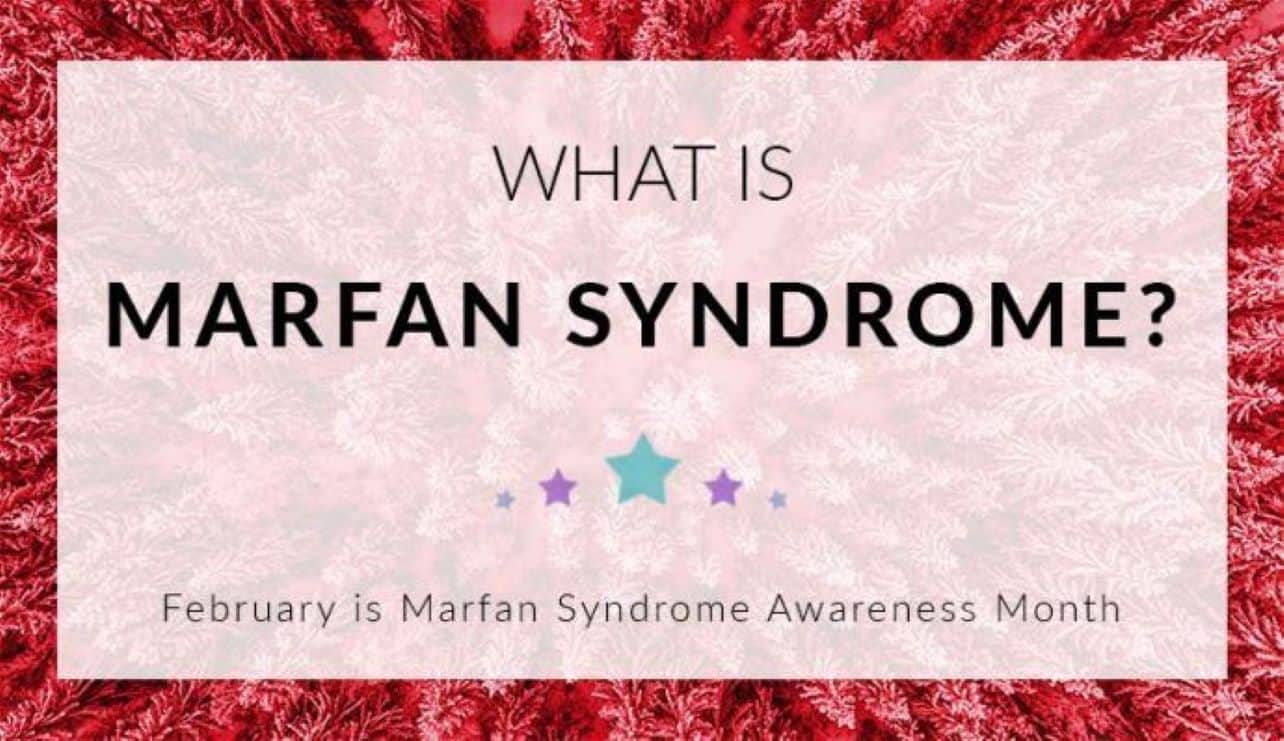Learn More Here About The Link Between Marfan Syndrome And Your Heart Health
The link between Marfan syndrome and heart health isn’t always immediately apparent. Pegasus home care professionals in Canyon County and elsewhere know early diagnosis is essential. They collected these facts to help you or a loved one recognize any symptoms and obtain timely treatment.
Connective tissue is a supportive structure that consists primarily of fibers. It includes your bones and cartilage. Its purpose is to hold all your body parts in place.
Marfan Syndrome Is A Genetic Disorder
Mutations in a specific gene reduce the growth of fibers. That affects how your tissues and bones develop. Marfan syndrome was named after the pediatrician who first described it during the 1800s.
Connective tissue is in every part of your body. Marfan syndrome is different for everyone in how it affects their:
- Eyes
- Heart and blood vessels
- Joints
- Lungs
- Skeleton
- Skin
The condition does not affect the brain and does not impair cognition.
Marfan syndrome can affect individuals of any age, from babies to seniors. Although individuals are born with Marfan syndrome, sometimes the symptoms aren’t noticeable until they’re adults.
Because Marfan syndrome is a genetic disorder, there currently is no way to prevent it. It is equally present in men and women. It also makes no distinction as to race, culture, or ethnicity.
Approximately one in every 5,000 individuals has Marfan syndrome. It impacts each person differently in severity and which organ is affected. It also varies in how quickly or slowly it progresses.
Marfan Syndrome Has Many Observable Symptoms
Observable external symptoms of Marfan syndrome include:
- Crowded teeth, due to a high roof in the mouth
- Flat feet
- Long, narrow face
- Loose joints
- Protruding or “caved-in” breastbone
- Scoliosis (curved spine)
- Skin tumors, known as syringomas, usually around the eyes
- Tall and thin body
- Stretch marks not related to weight loss and in unusual locations
- Unusually long arms, fingers, or toes
Not everyone has every symptom, although nearly all who have Marfan syndrome are tall and thin, with elongated limbs.
Marfan syndrome also affects your eyes as follows:
- Dislocated lenses – without support, lenses slip out of place. More than half of the individuals with Marfan syndrome have dislocated lenses. It’s rare in individuals who do not have Marfan syndrome.
- Detached retina – without support, the retina becomes loose. Detached retinas occur in the general population, as well as in individuals with Marfan syndrome. Untreated, it results in blindness.
- Glaucoma and cataracts – although both glaucoma and cataracts occur in the general population, individuals with Marfan syndrome often develop them at an early age.
Comprehensive eye exams can result in appropriate treatment and prevent or delay blindness.
There is no specific test for Marfan syndrome. Physicians must, therefore, rely on their observations of external features for diagnosis.
Marfan Syndrome Impairs Lung And Heart Function
Individuals with Marfan syndrome have a higher risk than the general population of developing lung problems. Symptoms include shortness of breath, coughing, wheezing, and chest pain. Treatment is generally designed to reduce inflammation, if necessary, and make it easier to breathe.
The effect of Marfan syndrome on your cardiovascular system is potentially life-threatening. Approximately 90 percent of individuals with Marfan syndrome will experience problems in their heart and blood vessels.
Your aorta is the largest artery in your body. It delivers fresh blood from your heart to the rest of your body. Parts of it are more than an inch wide.
When the aorta isn’t adequately supported, it can become enlarged or bulgy. An enlarged aorta may rupture or tear, which is known medically as aortic dissection. A bulge in the aorta is an aneurysm, which is a life-threatening emergency if it breaks open.
An aortic dissection can occur in the ascending aorta, near where it leaves the heart. It’s a life-threatening emergency. If it occurs in the descending aorta, it needs medical attention, but it usually isn’t an emergency.
Mitral valves regulate the flow of blood between the sections of your heart. When Marfan syndrome weakens the valves, they don’t close correctly, and leakage of blood may occur. Small leakages just need to be monitored.
If a significant amount of blood is leaking, you feel short of breath, tired, or have palpitations. Your doctor may hear a heart murmur. If the valves continue to leak, surgery may be necessary.
One of the valves is between the aorta and your heart. When your aorta is enlarged, the valve doesn’t close tightly. Blood leaks back into your heart rather than circulating.
This is known as aortic regurgitation. In the early stages, you may experience shortness of breath and fatigue. If the symptoms become severe, the aortic valve is surgically repaired or replaced.
Marfan Syndrome Can Be Treated
Marfan syndrome cannot be cured. Doctors monitor your symptoms and treat those when possible.
In the past, individuals with Marfan syndrome perished when young. Monitoring the condition and obtaining treatment allows a normal lifespan.
Pegasus is a licensed Home Care Organization and a Joint Commission Accredited Home Health Care organization. Pegasus home care services in Canyon County and our other locations are tailored to meet your needs. We strive to keep you or your loved one independent and comfortable.

